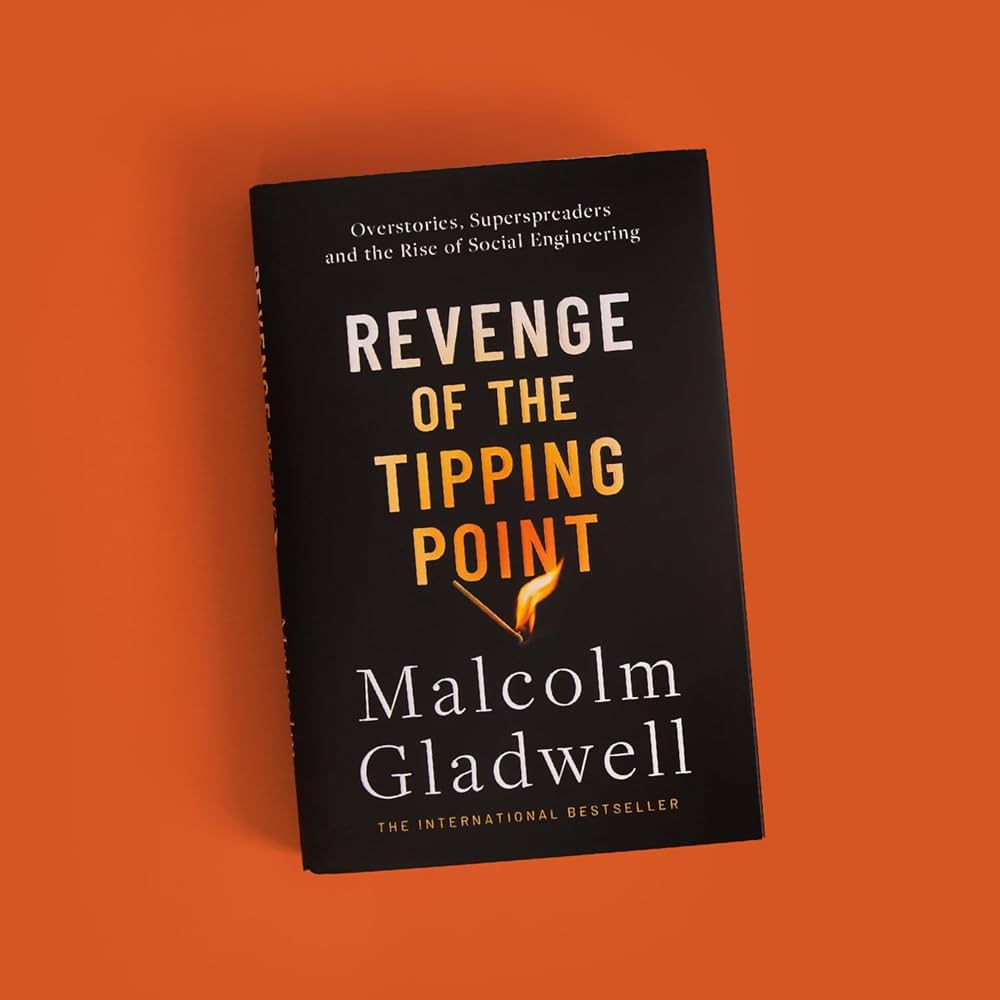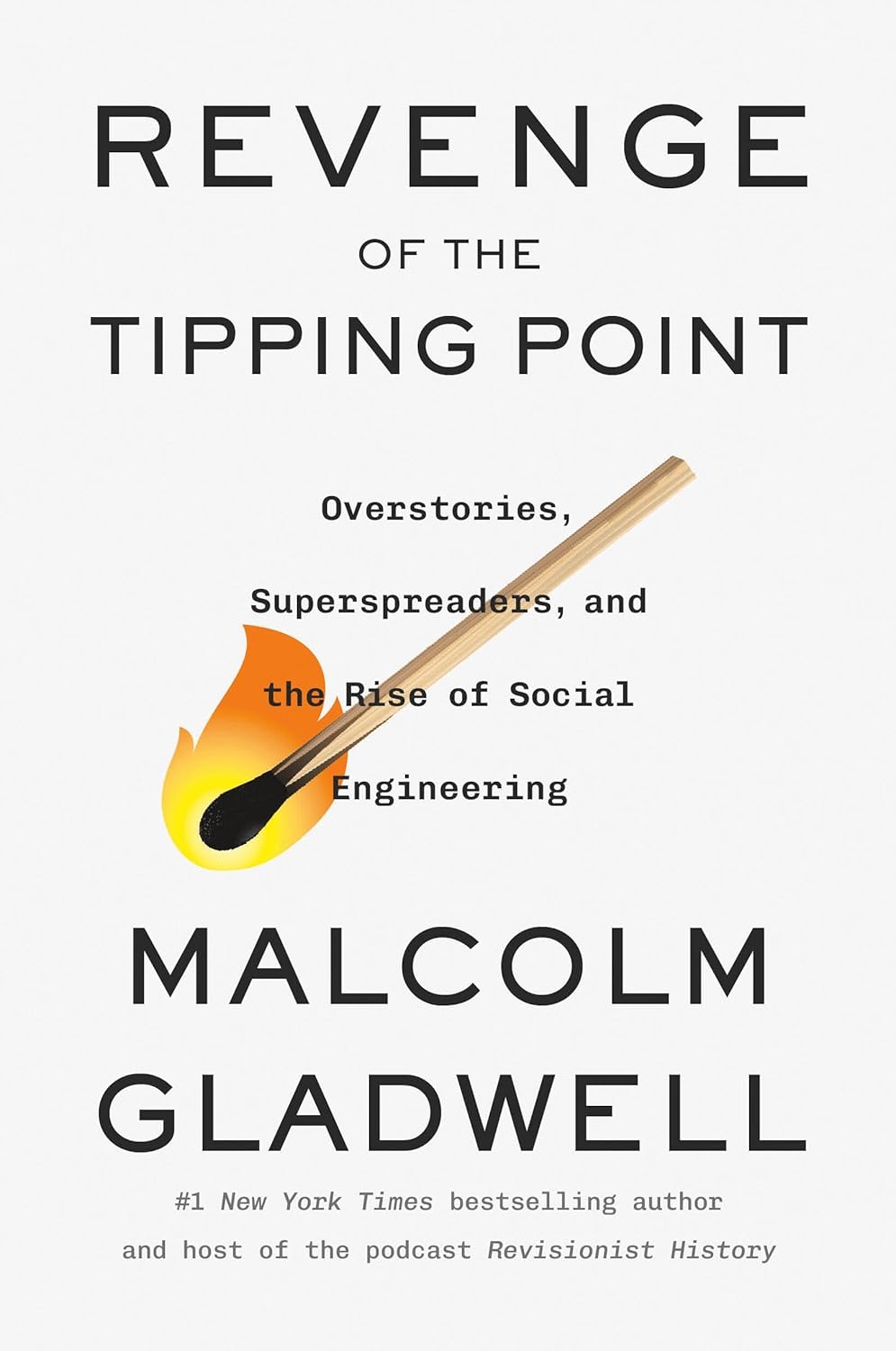Chapter 2: The Trouble with Miami “He would smoke a blunt, and then between eight and, say, noon he would launder upwards of a million dollars.”
byChapter 2 explores the rise and eventual downfall of Philip Esformes, who became central to one of the most significant Medicare fraud cases in U.S. history. His conviction on September 12, 2019, marked the conclusion of an extensive trial that revealed a network of bribery, illegal kickbacks, and a complex series of financial transactions involving 256 bank accounts. Initially, Esformes had built a reputation as a successful businessman, but his story eventually turned tragic, as the web of deceit he wove led to his transformation from a well-respected figure into a convicted felon. His physical decline in prison was stark, as incarceration took a significant toll on his health, while his emotional and mental state deteriorated under the weight of his actions. The impact of his criminal conduct didn’t only affect him but also had a profound effect on his family, who had to deal with the consequences of his choices. This narrative illustrates how one man’s ambition, combined with a flawed moral compass, led him down a dangerous path that resulted in personal and familial destruction.
The chapter also highlights the larger societal context of Esformes’s story, particularly through the lens of Miami’s transformation after the 1980s. Esformes moved to Miami from Chicago, a city that had undergone significant changes during this period, particularly following the Mariel Boatlift and the influx of new demographics. Miami, which was already a city known for its vibrant culture and economic opportunities, became increasingly rife with corruption. The rise of drug money in the city played a crucial role in reshaping the local economy, but it also corrupted the very institutions that were supposed to protect public health and safety. As a result, Miami became a fertile ground for people like Esformes, who were able to take advantage of the city’s lax enforcement of laws and a growing acceptance of fraudulent practices. Esformes’s charm and luxurious lifestyle, along with his obsession with family success, initially allowed him to thrive within this environment. However, the same environment that facilitated his success eventually became the one that led to his undoing, as the culture of fraud and deceit began to catch up with him.
The chapter also delves into the various methods by which Esformes was able to perpetuate his Medicare fraud, pointing out the layers of complicity that allowed such schemes to operate. Patient recruiters, falsified medical records, and manipulated licenses all contributed to the fraudulent system that Esformes built. These elements were carefully intertwined within the broader healthcare and business networks, enabling Esformes to profit immensely while deceiving both the government and his patients. His relationship with the Delgado brothers, who were key players in this fraudulent network, illustrates how criminal practices in the healthcare industry can operate on a much larger scale. Despite the mounting evidence against him, Esformes maintained a strong belief in his own invincibility. His continued confidence in his power and connections, even as charges mounted, shows a profound misunderstanding of the consequences of his actions. This misplaced sense of invulnerability was a critical flaw in his character, reflecting a common trait among those who engage in corrupt practices: an overreliance on their ability to control outcomes, regardless of the larger impact of their actions.
In addition to the specifics of his crimes, the chapter also examines the broader societal forces at play, likening Miami’s culture to the canopy of a forest—one that shapes and influences the actions of those beneath it. The city’s history of corruption and its acceptance of criminal behavior may have played a significant role in Esformes’s moral decline, suggesting that his actions were not purely individual but shaped by the environment around him. Miami’s culture, one that often overlooked illegal activities as long as they contributed to the city’s economic growth, created the conditions for Esformes’s actions to go unchecked for so long. This context raises larger questions about how social environments and systemic corruption can influence the behavior of individuals, particularly those in positions of power. The chapter concludes with the controversial commutation of Esformes by President Donald Trump, which adds a layer of complexity to the narrative. The act of commutation, which brought Esformes’s case back into the public eye, illustrates the intertwining of power, crime, and redemption in a region where the lines between influence and justice are often blurred. This final twist underscores the chapter’s exploration of how individuals like Esformes can navigate systems of power, where connections and political maneuvers sometimes overshadow the pursuit of true justice.
Through this detailed examination, the chapter encourages readers to reflect on the broader implications of Esformes’s actions and the complex environment that enabled them. It raises important questions about the role of institutions in combating fraud and corruption, and how individuals can become complicit in systems that benefit from deceit. By unpacking the socio-economic and political forces that shape behavior, the chapter paints a clearer picture of how large-scale fraud is not merely the result of individual actions but is often a consequence of systemic weaknesses. It also prompts readers to consider the balance between power, corruption, and justice, especially in regions where influence plays a significant role in the outcomes of legal and moral battles.


